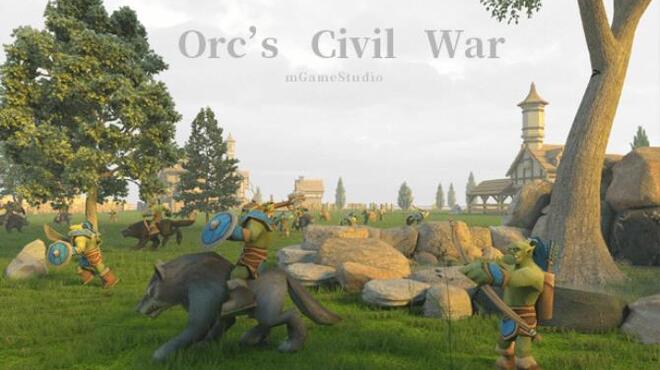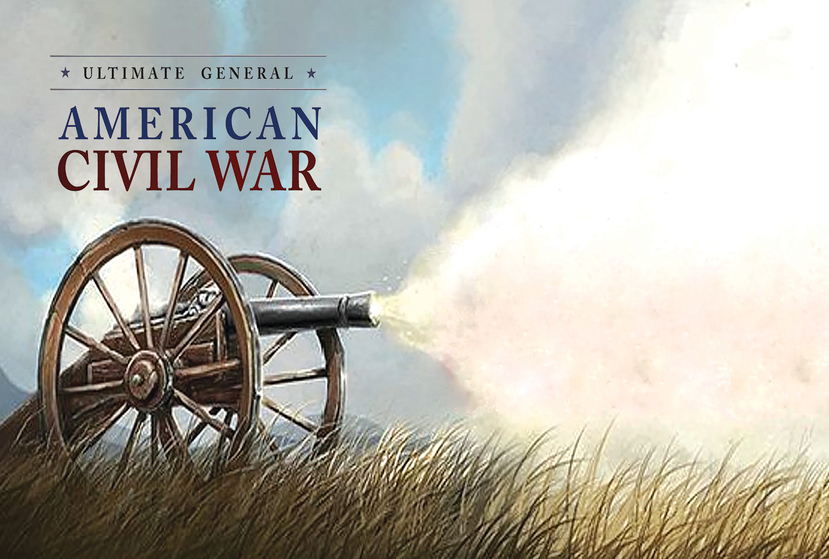

Citizens in the North wrecked “disloyal” newspapers in an effort to stymie pro-Southern sentiment. As the war dragged on, the opposition press grew louder, demanding compromise with the Confederacy to halt the bloodshed.įervent Union loyalists argued that dissent in the press amounted to treason. Newspapers argued that secession was the inevitable consequence of his policy toward the South. From the start of Lincoln’s presidency, the Northern press gave voice to many of his critics. Handling dissent in the North presented an unprecedented difficulty for the Lincoln administration.

Throughout the war, newspaper reporters and editors were arrested without due process for opposing the draft, discouraging enlistments in the Union army, or even criticizing the income tax. Restrictions on the Northern press during the Civil War Although historians have absolved Lincoln of charges that he restricted civil liberties for political gain, scholars continue to debate the constitutionality of Lincoln’s actions. Union generals took measures to prevent newspapers from publishing battle plans and to keep Confederate sympathizers from aiding the enemy by disseminating military information or discouraging enlistments.Īt the time, President Abraham Lincoln’s political opponents argued that these measures went beyond those necessary to execute the war. The federal government restricted constitutional liberties during the Civil War (1861–1865), including freedom of speech and freedom of the press. Lincoln and his administration supported restrictions on the press and free speech during the Civil War. McClernand in this this photo taken not long after the Civil War’s first battle on northern soil in Antietam, Maryland on October 3, 1862. Allan Pinkerton, President Abraham Lincoln, and Major General John A.


 0 kommentar(er)
0 kommentar(er)
